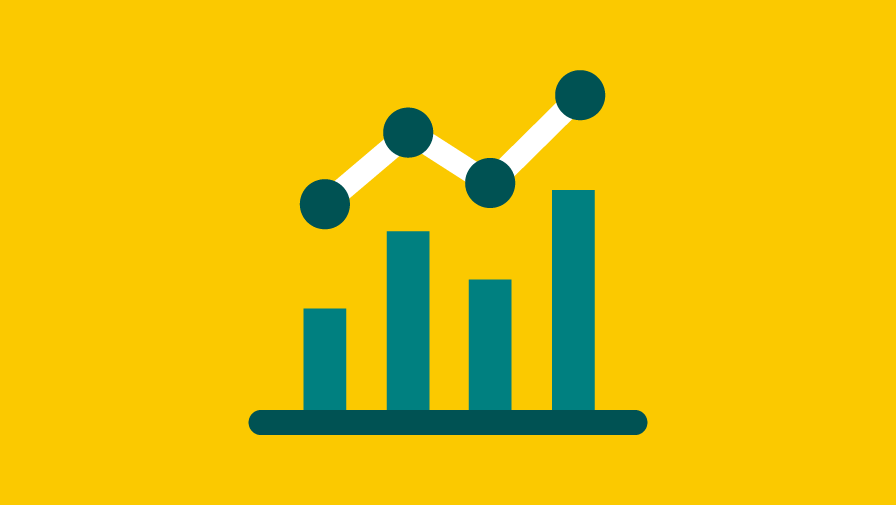STRESS AWARENESS MONTH
April represents Stress Awareness Month. It has been held every April, since 1992 to increase the public’s awareness about both the causes and cures for our modern stress epidemic. The rate of work-related stress, depression and anxiety has increased in recent years, and the last year has presented everyone with new challenges that people have not had to face before.
The article below will provide you with some important information around stress. This includes some statistics around stress and mental health, what should you do as an employer, how to raise awareness and reduce stress and finally some useful tools and information.
The information from this article has been taken from the ‘HSE’s stress section’ and the ‘Stress Management Society’ website.


According to the Mental health Foundation, 74% of UK adults say that they have felt so stressed at some point over the last year they felt overwhelmed or unable to cope. Millions of people around the UK are experiencing high levels of stress. Stress is one of the biggest public health challenges of our time, but it is still apparent that mental health is still not being taken as seriously as physical health concerns. Stress is a large factor in mental health problems including anxiety and depression. It is also linked to physical health problems like heart disease, problems with our immune system, insomnia, and digestive problems. Individually we need to understand what is causing us personal stress and learn what steps we can take to reduce it for ourselves and those around us.
Recognising the signs of stress will help everyone take the steps to prevent, reduce and manage stress in yourself and others around you.

What Should You Do as an Employer?
Employers have a legal duty to protect employees from stress at work by doing a risk assessment and acting on it. The earlier a problem is tackled the less impact it will have.
Many businesses may already have a risk assessment in place but the HSE have advised that employers should consider whether this needs to be re-assessed due to the changes and challenges brought about by the COVID-19 pandemic.
The COVID secure measures that have been put in place may have changed or created new stress. Stress affects people in many ways. What stresses one person may not affect another. Factors such as skills and experience, age or disability may all affect whether an employee can cope. Many people often feel stress when they cannot cope with pressures and demands put on them as well as other issues that may be going on. The HSE advise that employers should match demands to employees’ skills and knowledge.
Help & Guidance as an Employer
The HSE has a range of practical support and guidance available including risk assessment templates, a talking toolkit to help start conversations, workbooks, posters, a new mobile app, and a new automated stress indicator tool (SIT).
The HSE have stated that employers should assess the risks in the following areas to manage stress in the workplace. If stress in the workplace is not properly managed this can lead to poor health, lower productivity and increased accident and sickness absence rates.
Workplace experts Acas also have lots of free resources to help employers, managers and staff support mental health. This includes advice, e-learning and webinars offering advice on ways to effectively manage, provide support and minimise the impacts of negative mental health in your workplace.
For more information visit the stress section of HSE’s website.
How to Raise Awareness & Deal with Stress
- Talk about Stress and its effects – We should all work together to reduce the stigma that is associated with stress by talking about the topic openly and freely with friends, family, and colleagues.
- Share your coping mechanisms – if something has worked for you why not share it. It might benefit someone you care about and, in the meantime, it might help you take your focus off your own challenges.
- Be nice to those who are stressed and anxious – we are all undoubtedly going to experience stress and anxiety in our lifetime so treat others going through wit with compassion and empathy.
- Look after yourself – we all need to think more about self –care. Take time out of your day to relax or do something that you enjoy. Don’t forget to exercise and eat well, even when you feel too stressed.
The most crucial thing you can do when you are stressed or anxious is to make sure you are continuing to look after yourself. Make time to relax when you need to and learn to say no to plans that may be too much for you.

Useful Tools & Information
There are many useful tools and information out there on how to reduce and cope with stress, we have provided you with some below:
- Taking you from Distress to de-stress – a guide provided by the Stress Management Society
- Signs of Stress – PDF poster provided the Stress Management Society
- Free Stress Test – a free stress test provided by the Stress Management Society
- The Impact of Workplace stress – PDF poster for workplaces provided by the Stress Management Society
For more information click here, this will take you directly to the ‘Stress Management Society’ website.
We hope that this has helped with raising awareness of stress and the importance of noticing and dealing with the signs of stress. It is important now, more than ever that we take the time to look after ourselves as well as helping others around us if we can.
